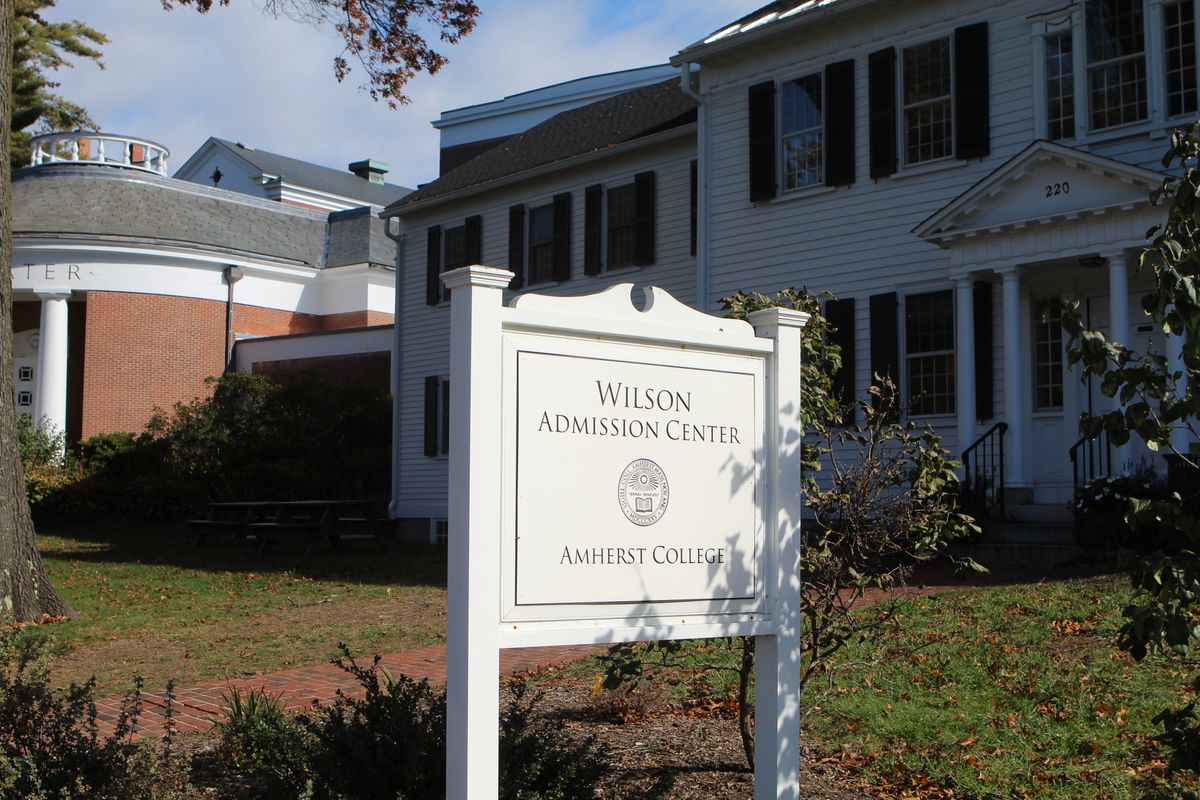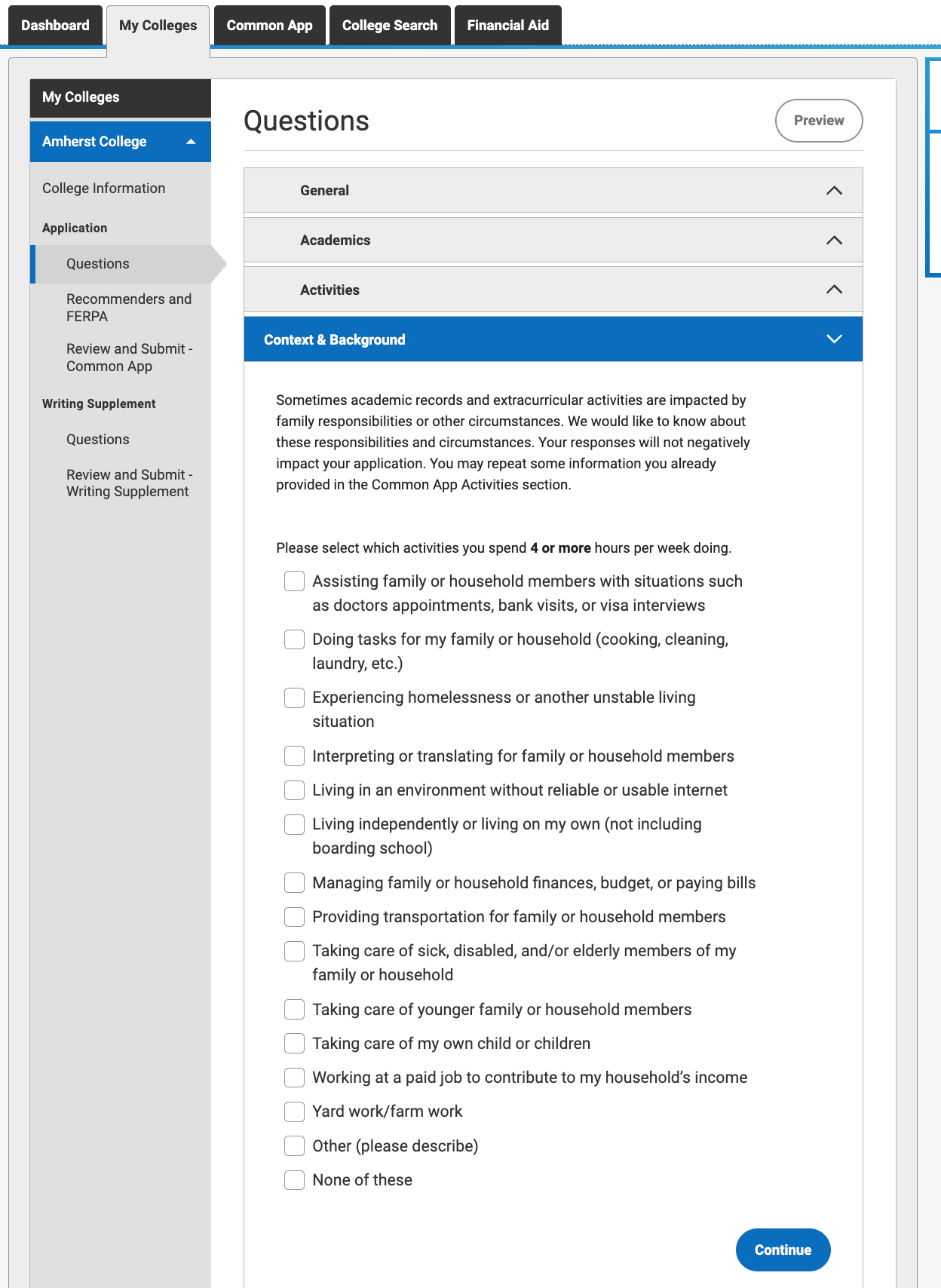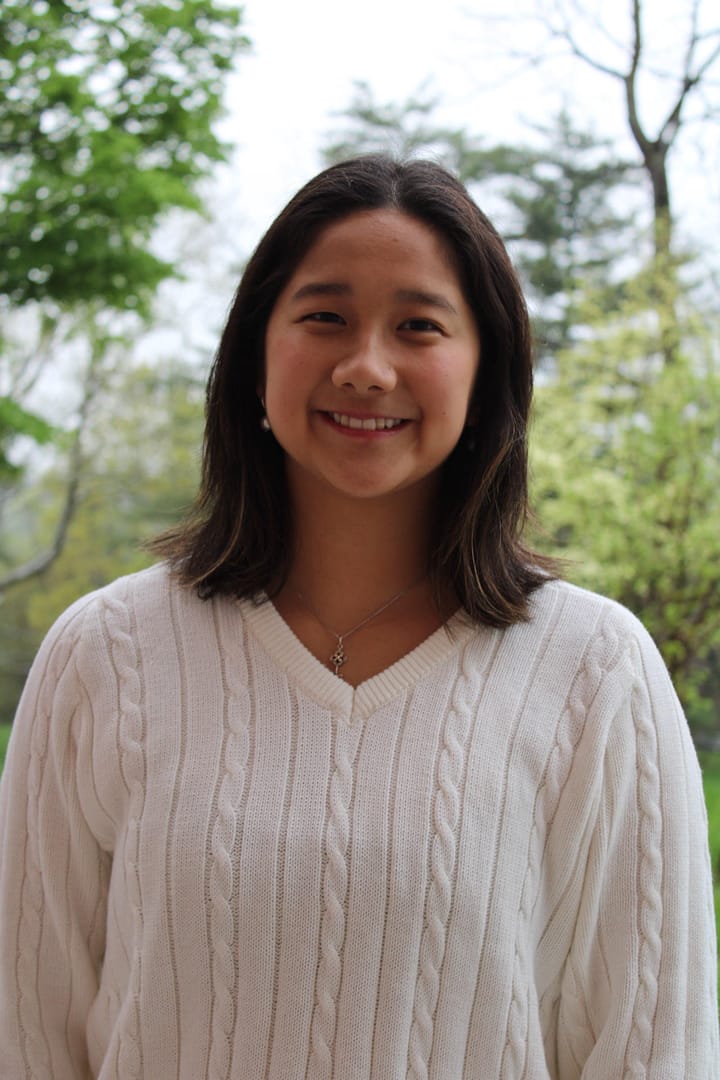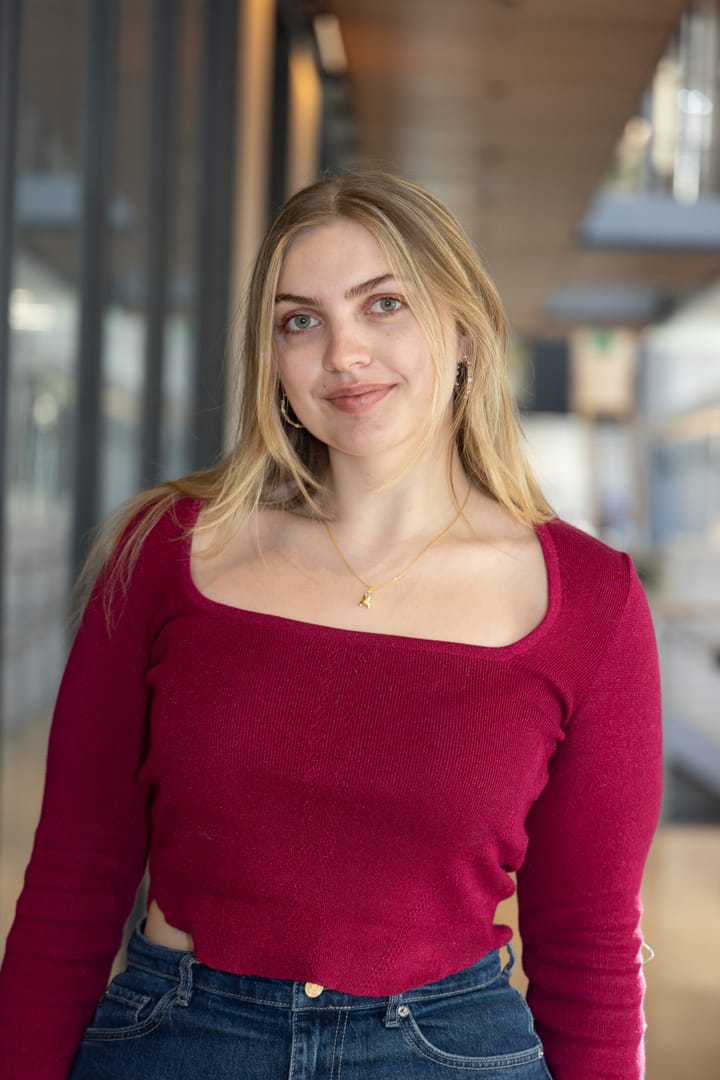Admissions Process Adapts Post-Affirmative Action
Months after the Supreme Court’s landmark decision overturning the legality of affirmative action, Staff Writers Dohyeon Kim ’26 and Nathan Lee ’26 spoke with President Michael Elliott and Dean of Admission and Financial Aid Matthew McGann about how the college is adapting its admissions process.

The Class of 2028 will be the first admitted to Amherst after the Supreme Court struck down affirmative action in college admissions. These soon-to-be freshmen are currently in the midst of the grueling application process. With the early admissions rounds already complete, and the deadline for regular decision fast approaching, these students are already experiencing the ruling’s effects.
In light of the Supreme Court’s decision, The Student spoke with President Michael Elliott and Dean of Admission and Financial Aid Matthew McGann to see how Amherst is seeking to shape its future in light of the game-changing Supreme Court decision.
To clarify, schools are not banned from collecting demographic data on applicants, including their race. In fact, the race and ethnicity checkboxes are still there on the Common App. However, Amherst now hides the information from its admissions committee to adhere to the legal standards set by the Supreme Court.
McGann confirmed this, adding, “Not only is it not available to the readers and the committee members as they are doing an evaluation, but we are also not making that available to anyone for statistical purposes either until the end of the admission process.”
Although admission officers have lost access to any checkbox information regarding an applicant’s race and ethnicity, they can still consider “an applicant’s discussion of how race affected his or her life,” according to the Supreme Court.
This is why some schools were quick to revamp their essay prompts following the Court’s decision: to give applicants more room to discuss their racial and ethnic identities. Most notably, Harvard University replaced its optional open-ended essay with five required short essays primarily on formative life experiences. Sarah Lawrence College, in its new essay prompt, quoted directly from the Court’s ruling and asked applicants how it might influence their “goals for a college education.”
Unlike these schools, Amherst has kept its essay prompts for the 2023-24 cycle largely unchanged from the year before. This can be attributed to the fact that Amherst already had an “identity-driven” essay question as part of its application.
“For about five years, we have added an additional [optional] question that allows students to talk about themselves as more than just a series of checkboxes,” McGann said. “I think it’s been a successful question. I’m glad that we’ve kept it.”
The question originally read, “At Amherst we know that identity is more than checkboxes. If you would like to share more about your identity, background, family, culture or community, please tell us more here.”
This year, it is worded differently: “If you would like to share more about yourself that is not captured elsewhere in your application, please tell us more here.”
However, McGann emphasized that the essence of the question remains the same. “We’ve streamlined a little bit the direction around it, but we’re still hoping to learn more about students beyond what already is provided in the application,” he said.
On top of this essay, Amherst also has a checkbox question aimed at learning more about an applicant’s family background. Applicants can select activities they spend four or more hours per week doing, and options include “interpreting or translating for family or household members” and “assisting family or household members with situations such as doctors appointments, bank visits, or visa interviews.” This question first appeared on Amherst’s application form in 2022, when the school decided to be part of the Harvard Graduate School of Education’s pilot program.

McGann said admissions decided to keep the question for the 2023-24 application cycle as well because it does what the traditional activity list cannot do: “signaling to students, especially those from disadvantaged and marginalized backgrounds, that we care about all of the ways that they spend their time and the things that they do.”
As these application questions show, Elliott affirmed that Amherst will continue to “engage in a very holistic [admissions] process” and “value a diversity of experiences in the class composition.”
Therefore, McGann advised, students applying to Amherst should not change their approach to the application in any way despite the Supreme Court’s decision. “I hope that students continue to … present themselves fully and bring their full selves to the admission process,” he said.
Will Amherst’s optional essay question and checkbox question provide the admissions committee with enough information to build a racially diverse class, or should Amherst tweak its application questions like some other schools have done?
Elliott is still figuring it out. “Some of [our peer institutions] are experimenting with different kinds of essay questions,” he said. “Will that make a difference in the pool of students that actually end up entering the class? We won’t know for a while, but we may learn something from them.”
For now, Amherst is focusing more on strengthening its outreach efforts in hopes it will help diversify the applicant pool. To this end, McGann said that change is underway regarding the way Amherst presents itself to potential applicants.
“Right now, we are just about to embark on a process of redoing and reimagining many of the college’s admission communications,” McGann said. Amherst intends to modify “the kinds of print materials that might be available on campus if you come visit or that you might find in your mailbox, our web presence — both the admissions webpage and the [general] amherst.edu webpage.”These are approaches that the college has already used in past diversification efforts, as explored in a 2022 Student series about the past and present of Amherst College admissions. The new conditions post-Affirmative Action will only emphasize the importance of outreach tactics.
Partnering with non-profit organizations will also be an important part of Amherst’s outreach strategy moving forward. According to McGann, “We’re thinking a lot about how we [should] deepen our partnerships with [college] access organizations, community-based organizations, and other groups.”
While the college is doing much to counteract the possible changes in the demographics of accepted students that the Supreme Court ruling will bring, at this point it is difficult to accurately gauge how effective these measures will be.
Elliott acknowledged that “it is hard to adapt in the course of an academic year, if you’re not getting real-time data and knowing how effective your efforts are.”
To tackle this uncertainty, Amherst is collaborating with five other highly selective liberal arts colleges that are committed to student body diversity. As Elliott puts it, “we watch each other and trade information with each other about what’s effective.”
The goal of the coalition is to “increase the visibility of liberal arts colleges before students who might not realize what a small liberal arts college has to offer them,” Elliott explained. “That feels even more important now, as we want to make sure that we’re visible to all of the applicants out there.”





Comments ()